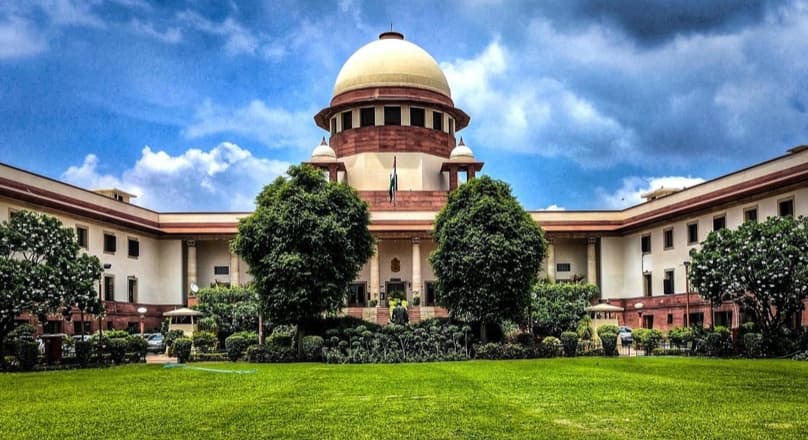
Courts Should Encourage Compounding of Offences in Cheque Bounce Cases: SC
‘Dishonour of cheques is a regulatory offence which was made an offence only in view of public interest’
The Supreme Court has stressed the need to encourage compounding of offences in cheque bounce cases by courts, if parties are willing to do so.
A bench presided over by Justice Sudhanshu Dhulia said: “A large number of cases involving dishonour of cheques are pending before courts which is a serious concern for our judicial system. Keeping in mind that the ‘compensatory aspect’ of remedy shall have priority over the ‘punitive aspect’, courts should encourage compounding of offences under the NI Act if parties are willing to do so.”
Dishonour of cheques is a regulatory offence which was made an offence only in view of public interest so that the reliability of these instruments can be ensured, added the Bench, also comprising Justice Ahsanuddin Amanullah.
The apex court was hearing a special leave petition filed against the Madras High Court decision convicting the appellants under the NI (Negotiable Instruments) Act in a cheque bounce case due to "insufficient funds."
In October 2012, the trial court convicted the appellants under Section 138 NI Act and imposed a sentence of one year of simple imprisonment each.
During the pendency of the appeal before the apex court, the respondent-complainant had entered into a settlement agreement in January 2024 and had settled the dispute among themselves.
“Now, when the accused and complainant have reached a settlement permissible by law and this Court has also satisfied itself regarding the genuineness of the settlement, we think that the conviction of the appellants would not serve any purpose and thus, it is required to be set aside,” the SC order said.
Considering the totality of the circumstances and compromise between the parties, it allowed the appeal and acquitted the appellants by setting aside the impugned orders of the Madras HC and trial court.
In its judgment, the top court also referred to the judgment in ‘Raj Reddy Kallem vs State of Haryana’ case, where conviction under the NI Act was quashed, by invoking its powers under Article 142, even though the complainant had declined to give consent for compounding, observing that the accused had sufficiently compensated the complainant.
For any enquiries or information, contact ask@tlr.ae or call us on +971 52 644 3004. Follow The Law Reporters on WhatsApp Channels.